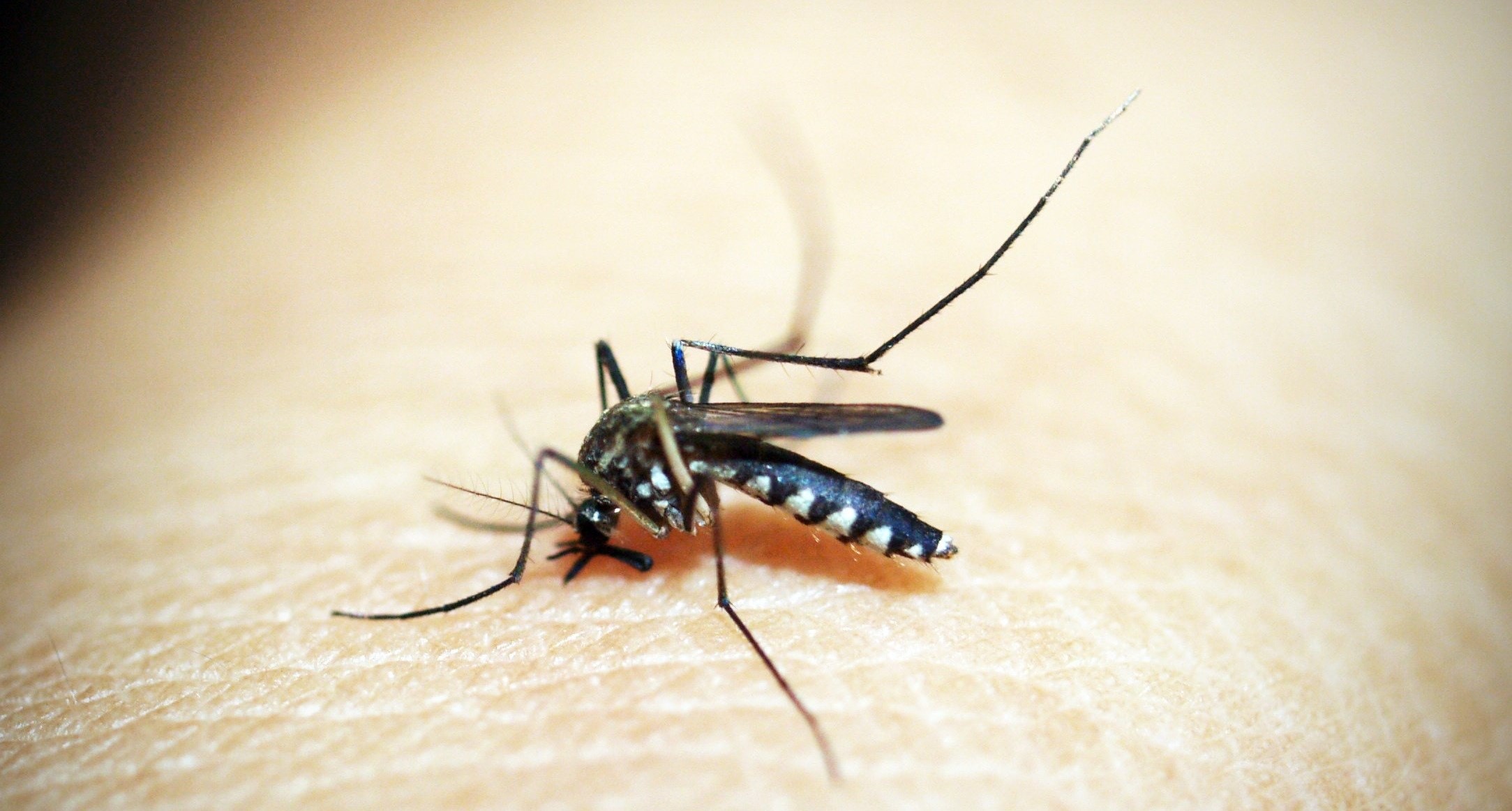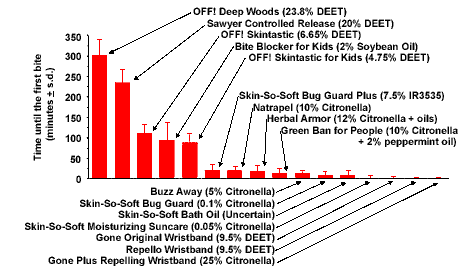SHARES

“Dengue outbreak possible with rise of DenV-3, a virus type not dominant in more than 30 years” reported the Straits Times. The number of dengue cases in the first six weeks of the year is at its highest since 2016.
As of Saturday (Feb 8), a total of 2,130 people have been infected, based on data from the National Environment Agency (NEA). In latest 6th week of 2020 from Feb 2 to 8, a total of 400 cases of dengue were reported compared to between 303 and 404 for the past 5 weeks. View NEA’s dengue cluster map.
NEA warned in January 2020: “Singapore has not seen a DenV-3 outbreak in the last three decades, the population immunity for DenV-3 is low and therefore more susceptible to transmission of the virus may take place. It is thus critical that all residents and stakeholders work closely together with NEA to break the dengue transmission in these clusters, and curtail the spread of the virus.”
All residents to step up their efforts to wipeout mosquitoes breeding by getting rid of stagnant water

More about Dengue
Dengue fever is known as one of the most common diseases in the world, with an estimated 50 – 100 million dengue infections worldwide every year. It is a viral infection transmitted through the bite of infected Aedes mosquitoes. These mosquitoes thrive in areas with stagnant water such as puddles, water tanks and containers. With the current heatwave and short bouts of rain, it is easier for Aedes mosquitoes to breed in standing water compared to regular rainfall which would have washed out the breeding spots.

Stagnant water as mosquitoes breeding spots
Signs and Symptoms of Dengue Fever
Dengue causes flu-like illness which can be potentially fatal. There is no specific cure for dengue, but early detection and access to proper medical care lowers fatality rates below 1%.
The common symptoms of dengue are fever and one or more of the following:
- Headache
- Muscle, joint or bone pain
- Rashes, small red spots under skin or unusual bruising
- Nose or gum bleeding
- Eye pain
Severe dengue, also known as dengue haemorrhagic fever is an emergency and can be fatal. Therefore, recognise these warning signs which develop 24 – 48 hours after fever goes away:
- Severe stomach pain or vomiting
- Vomiting blood or blood in stool
- Bleeding from nose or gums
- Difficulty breathing
- Drowsiness or irritability
- Pale or clammy skin
If you have been infected with the same Dengue virus you can become immune to future infections. Nevertheless, if you are subsequently infected with a different strand of Dengue virus, there is an increase risk of developing Dengue haemorrhagic fever.
Prevention and Control of Dengue Fever
- Use a repellent containing 20-30% DEET or 20% Picaridin or 32% lemon Eucalyptus oil on exposed skin.

Image source
- If you are also using sunscreen, apply sunscreen before insect repellent
- Take steps to control mosquitoes breeding inside and outside of your home. For example, empty and scrub, turn over or throw out items that hold water such as tires, buckets, pools, flowerpots and container.
- Using personal household protection such as window screens, long-sleeved clothes, coils and vaporisers.
- If unfortunately you got infected with dengue fever, the virus can be found in your blood during the first week of infection. If a mosquito bites you, it can become infected and transmit the virus to another person through bites. Therefore, protect yourself from mosquito bites to help prevent others from getting sick.
- Also, it is essential to get plenty of rest and fluids to prevent dehydration.
Source: NEA Singapore
Dengue Vaccination
Recent findings from a newly available dengue vaccine from Sanofi, has shown that it is not recommended for those who had never been infected with dengue. They could develop a more severe case if given the vaccine and had a subsequent infection.
Dengue vaccination is not on the National Immunisation program of Singapore and Malaysia. As such, in Singapore, the recommendation is not to vaccinate individuals who do not have previous dengue infection and only for a higher recommended age of 12 years due to concerns of a severe dengue following vaccination.
In Malaysia, the vaccine is under review and is not available in the country. If you suspect a dengue fever case, visit a healthcare provider right away. Prompt medical attention is vital for early recovery.
If you need to consult a GP/ Family Doctor: call, send an enquiry or book an appointment on GetDoc.
Find a GP/Family Doctor in Malaysia, on GetDoc
Find a GP/Family Doctor in Singapore, on GetDoc
Tags
by Soh May Leng
Born and raised in Malaysia, May Leng obtained her Bachelor of Dental Surgery from the University of Otago, New Zealand. She has joined the GetDoc team to relay valuable health information to the public. Staying active plays a big part in her daily life especially through outdoor sports such as running and swimming. She also enjoys travelling and has a passion for photography. View all articles by Soh May Leng.





